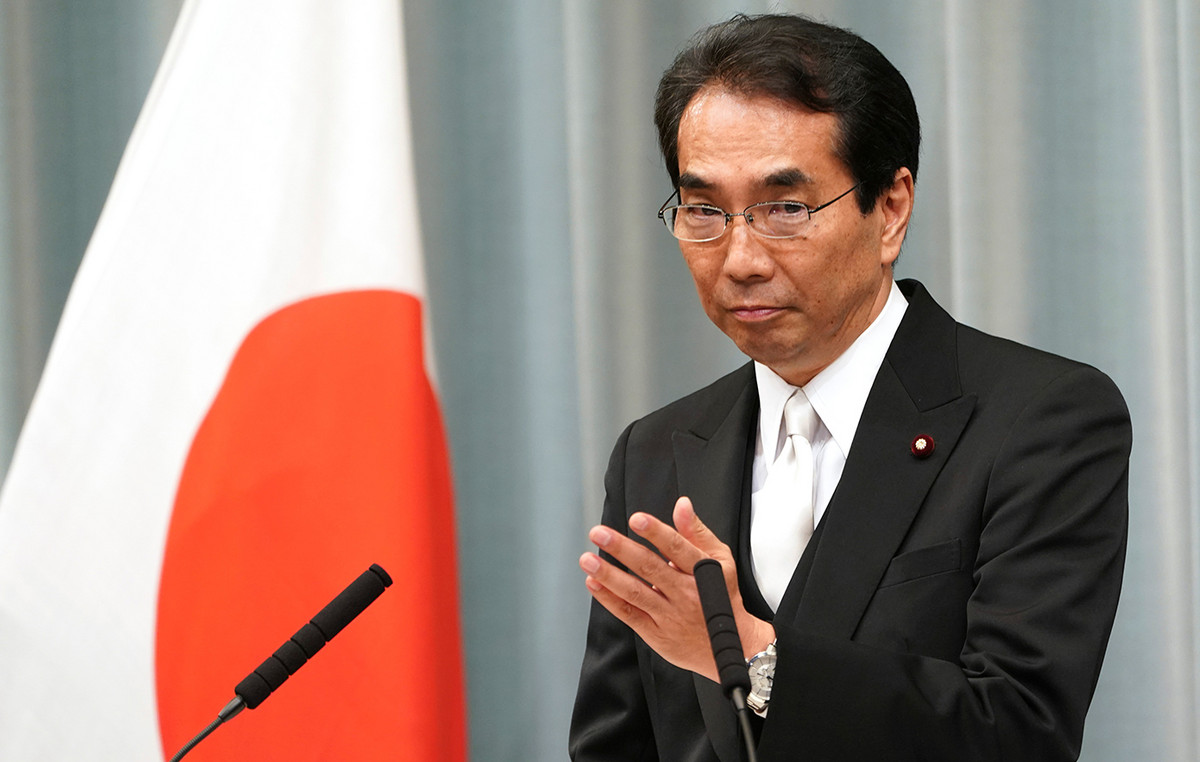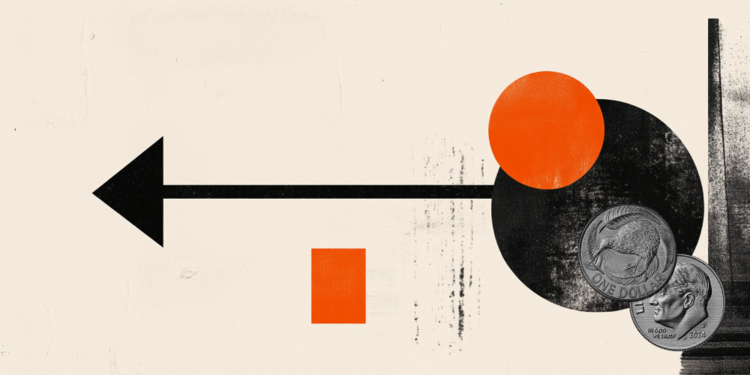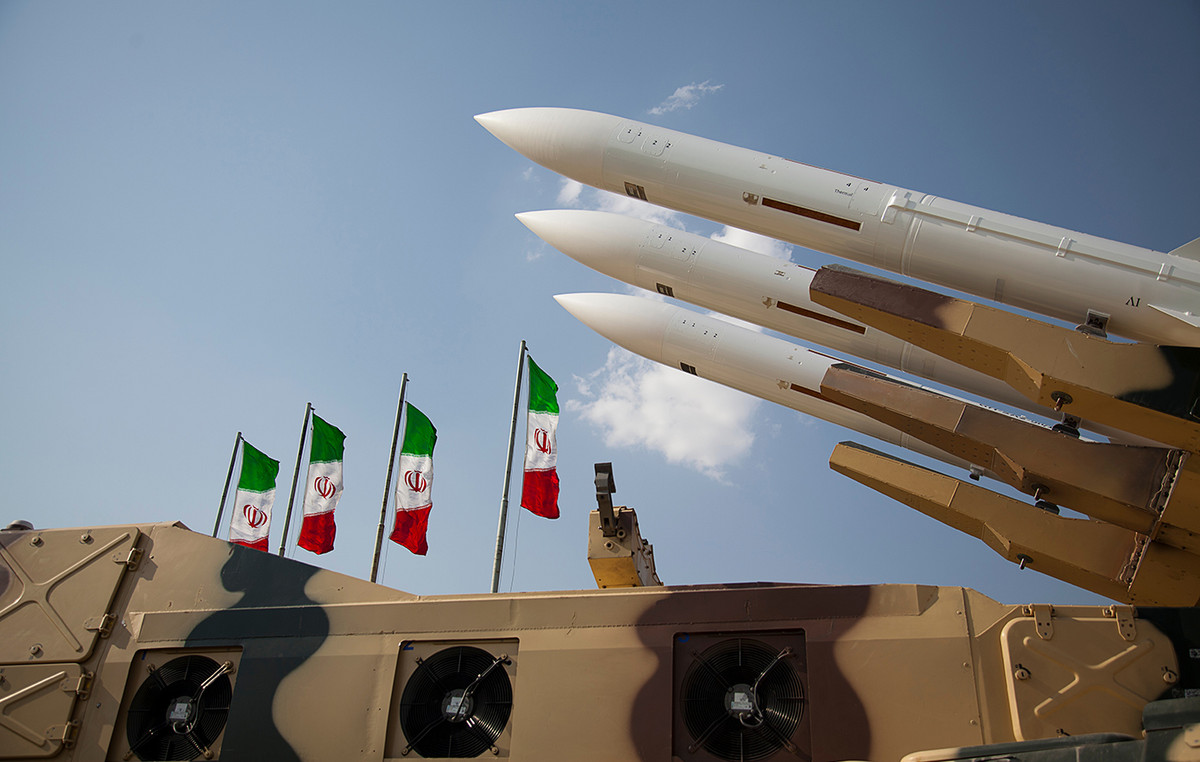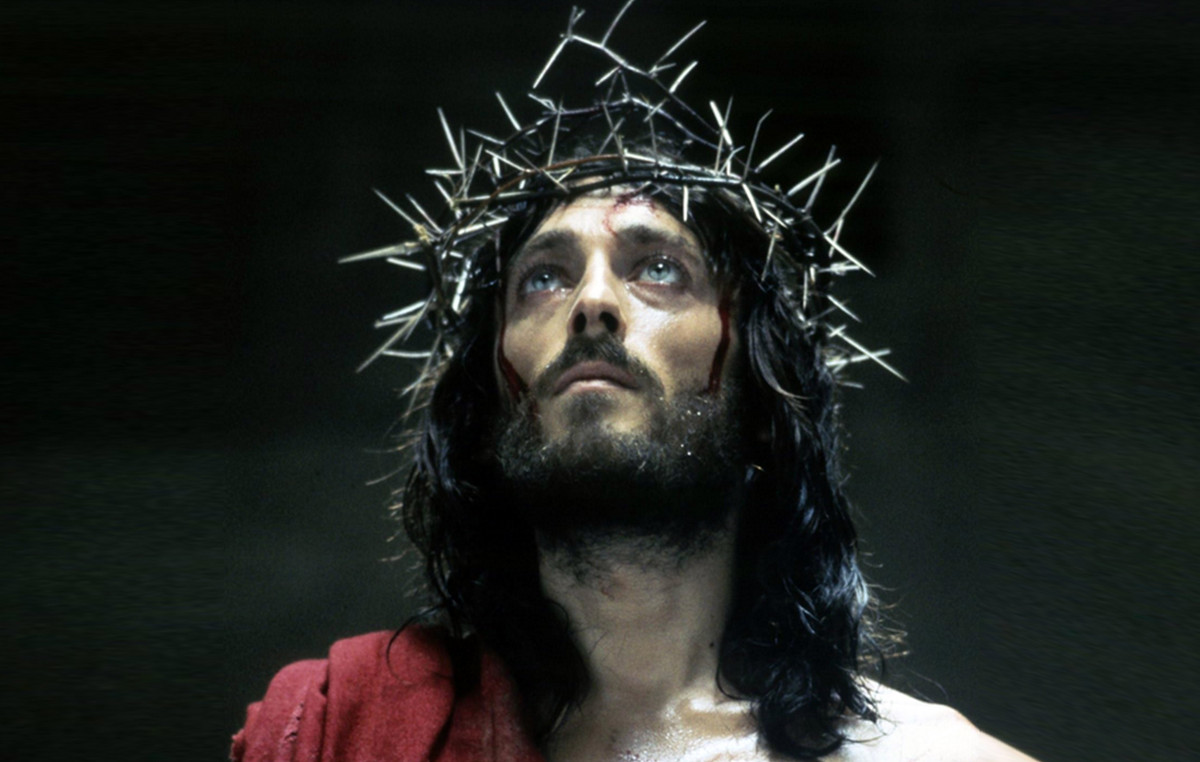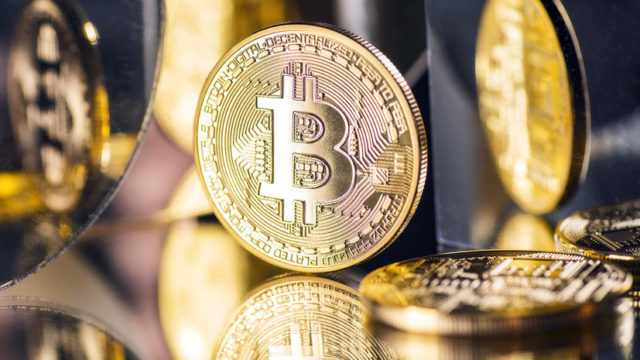It’s been six months since Russia invaded Ukraine with the authorization of Russian President Vladimir Putin, and some issues involving international geopolitics could be decisive for the future of the conflict.
What was a “special military operation” in the Donbass region of eastern Ukraine has turned into a conflict across most of Ukrainian territory, with explosions in several cities, including the capital Kiev.
Since 24 February, 5,587 civilians have been reported dead and 7,890 injured, although the actual casualties are much higher, the United Nations High Commissioner for Human Rights (OHCHR) said on Monday.
The head of Ukraine’s armed forces, General Valeriy Zaluzhnyi, said on Monday that some 9,000 Ukrainian servicemen had been killed in the war, the first death toll provided by top military officials since the invasion.
Tension in eastern Ukraine, however, began in 2014 after a pro-Russian president was overthrown in Ukraine’s Maidan Revolution and Russia annexed Crimea, with Russian-backed forces battling Ukraine’s armed forces.
After the invasion in 2022, Western countries and the European Union (EU) applied a series of sanctions to the Russians – which according to Putin, is causing a global crisis. And Russia responded by threatening to cut off gas supplies to European countries.
As the conflict rages on and the future becomes uncertain, the CNN spoke with four experts to assess what are the crucial points to understand the next tension scenarios and if it is possible to predict the end of the war approaching.
Christopher da Cunha Garman, managing director for Latin America at Eurasia Group, said in an interview with CNN that things became “very difficult” as the conflict progressed and does not believe in a “diplomatic” conversation.
“Some things are becoming clear: I think a diplomatic solution that could lead to the lifting of sanctions on Russia and a peaceful resolution of this long-lasting conflict is very difficult,” he said.
For Vinicius Rodrigues Vieira, professor of the International Relations course at FAAP, “Ukraine went through the worst moment and reacted better than expected”, he told CNN .
“After six months of war, we realized that Russia is not strong enough to defeat Ukraine, nor are Ukrainian forces weak enough to succumb to Russia,” he said.
Barbara Motta, professor of International Relations at the Federal University of Sergipe, explained that the conflict tends to drag on not only longer than expected, but longer than six, seven, eight months.
And she cites some reasons for this: “One of them is not only that Russia is more used to longer battles, which require patience, but also that, in many circumstances, the weather is favorable to Russia. As the wars lengthen, not only other governments, such as the United States and members of the North Atlantic Treaty Organization (NATO), but public opinion is losing interest and putting pressure on their respective governments to engage in these international dynamics” , she said.
Leandro Consentino, a specialist in International Relations and professor of Political Science at Insper, believes “we are at a very difficult time in predicting the end of this conflict”.
sanctions on russia
Since the beginning of the conflict, Western and European countries have sanctioned Russia in several areas. The Western invasion and sanctions have led to sharp increases in the prices of fertilizers, wheat, metals and energy, fueling a food crisis and an inflationary wave that is hitting the global economy.
Thus, shortly after Russia’s invasion of Ukraine, international oil prices reached their highest levels since 2008 records.
“But these sanctions from the West tickled. These sanctions are being ineffective. Putin was very smart, Russia started demanding payment for energy in rubles (local currency)”, said Rodrigues Vieira.
According to him, the currency he uses to make foreign transactions “ends up giving the issuer a lot of power”, he said.
The Faap professor assesses that in the last 10 years, Russia and China have strengthened ties. So, “what did the Russians buy from Germany, for example, [após as sanções] started buying China from India”, said Rodrigues Vieira.
gas demand
European Union (EU) countries are making a move that seeks to soften the bloc’s plan to demand a decrease in gas demand as Europe braces for an uncertain winter gas supply from Russia in the Northern Hemisphere.
At the end of July, the European Commission proposed that the 27 EU member states reduce their gas use by 15% between the months of August and March 2023. The target would be voluntary, but the Commission could make it mandatory in case of a emergency gas supply.
For parameters, Russia is the second largest oil exporter in the world after Saudi Arabia and the main supplier of gas to Europe.
After Russia cut flows through the Nord Stream 1 pipeline to Germany, wholesale gas prices in Europe soared.
A complete cut would push the eurozone into recession, with sharp contractions in both Germany and Italy.
The experts consulted by CNN they said attempts to reduce dependence on Russian oil, gas and petroleum products — or even limit their prices — have exacerbated fears of an energy crisis.
However, Cunha Garman said that what can be expected in the future is a “rationing policy”.
“Russia is not interested in a complete gas supply blockade. It’s a concern like that, but a stronger rationing, but not to the point of stopping heating the houses. It generates stress, but it is more a rationing policy”, said the expert.
“We believe that the Russians will leave Europe on a tightrope [com o fornecimento do gás]stretch to the limit, but the gas cut will not be to the point of generating a more worrisome winter”, continues Garman.
Logistics issues and social and economic war costs
With the war “far from over”, as experts say, countries are beginning to feel the cost of conflict.
In the latest update, made on August 23, more than 6.6 million refugees from Ukraine registered across Europe, with the highest numbers in Poland, Russia and Germany, according to UN agency data.
For Rodrigues Vieira, if on the one hand Putin has the support of a nationalist population, on the other, soldiers may suffer from a logistical issue in Ukraine with the arrival of winter.
“Ukrainians have an advantage beyond territory. Russia has a logistical problem, which was very poorly structured. And that can get worse in winter, like sending supplies, weaponry, clothing, so there could be, based on military history, an advantage of the locals over the invaders,” he said.
Ukraine’s disadvantage, according to the FAAP professor, would be “Europe faces gas shortages”, he said.
Despite the support received in Ukraine, with the United States providing nearly $8.5 billion in security assistance since February 24, in addition to weaponry including anti-aircraft systems, chemical, biological, radiological and nuclear protection equipment, the economic impacts and social are many.
According to Cunha Garman, there is a desire not to back down on both sides. “But at the same time, economic and domestic costs are increasing. So, I would say that, the desire for the conflict to come to an end, does not go as far as to abdicate the objectives and reach an agreement with Russia”, said the managing director for Latin America of the Eurasia Group.
Rodrigues Vieira assesses that “European public opinion will be very important. People may wonder if there isn’t a rising cost that Europeans are unwilling to pay. So we can have a more dramatic winter in Europe.”
*With information from Reuters
Source: CNN Brasil
I’m James Harper, a highly experienced and accomplished news writer for World Stock Market. I have been writing in the Politics section of the website for over five years, providing readers with up-to-date and insightful information about current events in politics. My work is widely read and respected by many industry professionals as well as laymen.

